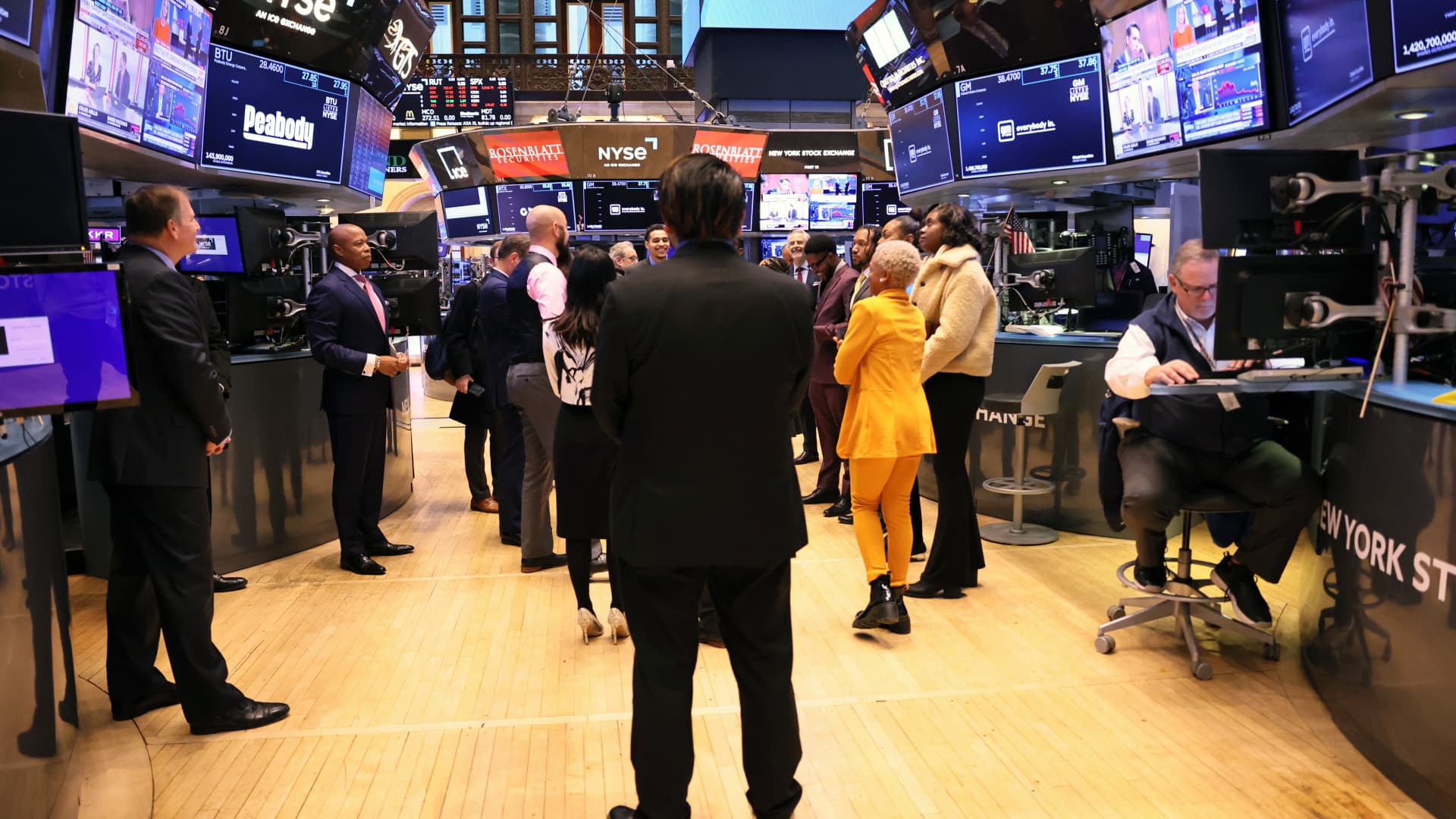
Global economic conditions will shift next year and that’s going to flip which markets and sectors underperform, according to the chief strategist of UBS Investment Bank. Bhanu Baweja told CNBC’s “Squawk Box Europe” on Wednesday that between one-third and half of the countries the bank covers globally are facing a recession. “It’s an inch deep but it’s a mile wide,” he said of the expected recession. “Global growth is at 2% and that is not priced into stocks.” UBS expects November’s U.S. core consumer price index, which excludes volatile food and energy costs, to come in below 0.3% for the month. As such, Baweja said market expectations for a restrictive Federal Reserve will come down somewhat, helping companies’ price-to-earnings ratios. Earlier this month, a lower-than-expected inflation print in October spurred a cautious market rally. Baweja pointed to the S & P 500 ‘s underperformance this year so far, down 15.5%, relative to Europe’s Stoxx 600 ‘s 9.6% fall. “It’s because this was a valuation year, this was a year when your risk-free rate, your real interest rate, your two-year real rate, moved by 500 basis points. So this was a de-rating year,” he said. But the issue next year will be earnings, Baweja said, particularly given the recessionary headwinds. He expects returns in equities next year to be “pretty ordinary,” given competition from high bond yields, but he sees U.S. stocks outperforming European ones. “Life’s not zeros and ones and black and white, but if the bulk of the problems next year are going to be [earnings], then Europe is more in harm’s way than the U.S,” Baweja said. A reversal will also be seen in sectors, he predicted. “Because we’ve had such a large commodity squeeze, Covid, fiscal largesse … a lot of the commodity cyclicals did extremely well — materials and energy. These are sectors most people would consider cyclical, these are sectors that have done extremely well and that’s why cyclicals have kept up at such a high level,” he said, citing financial stocks with solid balance sheets as well. But he stressed that a number of factors will change as you move toward global growth close to 2%, “which is as close to a recession as you can get.” “Next year I think it’s going to be much more defensive than cyclical, so your classic utilities, tech, potentially healthcare, these will probably do much better, and even some consumer will probably do much better than the producer side of the economy, which is materials and industrials,” Baweja added.
